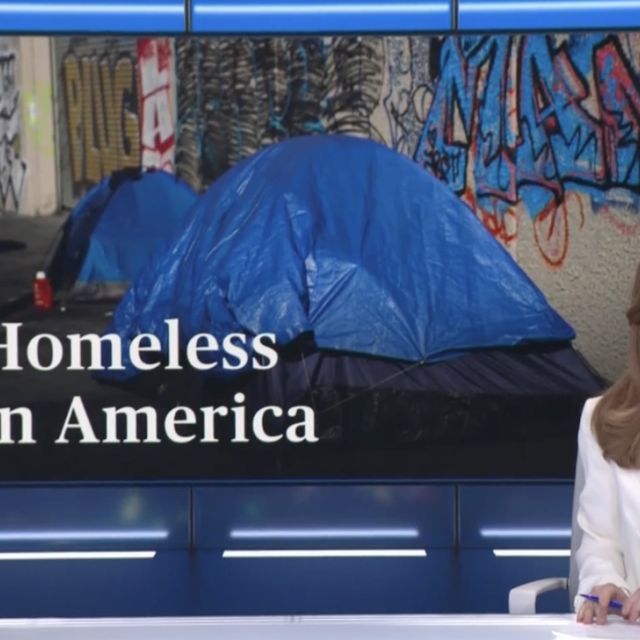The Metropolitan Transportation Commission (MTC) voted last month to adopt a groundbreaking new Transit-Oriented Communities (TOC) Policy.
Enterprise has been engaging in this policy development over the last two years, and we are excited to see how this policy reshapes the region to advance our housing, climate, and equity goals. We are grateful for the opportunity to be a partner in developing this policy.
As the first implementation tool for Plan Bay Area (PBA) 2050, the TOC policy has the potential to be a transformative regional tool to address the converging crises of housing unaffordability, climate change and deepening racial and economic inequities. It shifts away from the status quo in the Bay Area and represents a bold and significant step to ensure that the region can become and remain an inclusive place for all, for many years to come.
The TOC policy will directly impact the Bay Area in the following ways:
- It encourages more housing and jobs in the half-mile around high-frequency transit by setting minimum residential and commercial densities for new development.
- It requires cities to adopt at least six policies from a menu of affordable housing production, preservation, and tenant protection policies.
- It encourages walking, biking and public transit usage by improving station access and setting parking maximums, and in most cases eliminating parking minimums, for new residential and commercial developments.

We began our involvement in the policy by participating in the Technical Advisory Committee and working closely with our partners at Transform and SPUR to convene regional partners and stakeholders to advocate for a strong and equitable policy guided by our shared key principles. We provided consistent feedback to MTC over the past many months, drawing from policy best practices and evidence-based research on impactful affordable housing production, preservation and protection policies. Many of these recommendations were incorporated into the final policy, and we deeply appreciate the MTC staff for their openness in engaging with us.
While the policy is a critical step forward, there are still challenges that we hope to address in future iterations of the policy and through complementary local policy. First, we are disappointed with the decision to scale down residential density requirements for some of the region’s most exclusive, racially-segregated cities that have the greatest access to opportunity—this goes against the region’s commitment to both affirmatively further fair housing and reduce greenhouse gas emissions. Second, we would like some of the affordable housing options to be mandatory such as no net loss of affordable homes and right to return. Third, in order to achieve greater impact and scale for housing production, preservation, and tenant protections, the affordable housing policy menu should be narrowed down to include the most impactful options.
We look forward to working closely with our coalition partners and MTC as we focus on policy implementation, including how to best integrate these new TOC requirements with cities' housing elements currently being updated across the region. If you would like to get involved in engaging your city about the new TOC Policy, please contact Justine Marcus. Also, check out our recent conversation with MTC and SPUR staff about the TOC Policy, hosted by our partner SV@Home.


